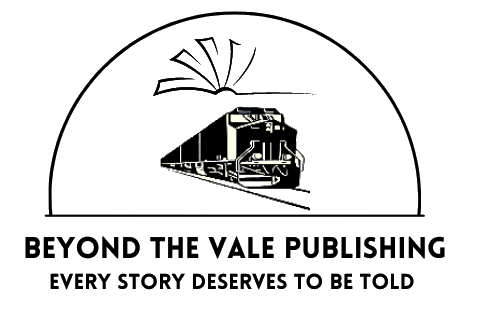Hi Everyone,
Another week has passed already, I hope you had a great one wherever in the world you are. Being a self-published children’s author made me think about the difference between writing for children compared to writing for adults.
But first, a quick update. Four weeks in a row with no writing for me, but I have been making progress on my 2 new books. My aim is to have them printed for a few craft fairs and markets in the run up to Christmas. I had a meeting with my editor about my Alien Spy book. She gave me a few good ideas and pointers. I can’t overstate the importance enough of a good editor and proof reader.
My book on franchising, based on my personal experiences is complete. Yay!
Back to this week’s topic – what’s the difference between writing for an adult compared to writing for a child?
The very short answer is – very little. Books for children and adults both go through the same basic process. You still have to find inspiration to tell your stories and the motivation to sit and write them. Let’s look at some differences:
-
Books for children vary depending on age range:
- Picture books – for ages up to around 8 years
- Easy readers – aged around 5 to 9 years
- Chapter books – ages around 7 to 10 years
- Middle grade – ages around 8 to 12 years
- Young adult – ages around 12 plus
-
Word count
Books for younger readers are shorter than books for adults. In general, where an adult novel would generally be 80,000 to 100,000 and some genres, for example sci-fi or fantasy would be even longer, a guideline for children’s books is:
- Picture books – around 1,000 words
- Easy readers – around 2,500 words
- Chapter books – around 10,000 to 15,000 words
- Middle grade – 20,000 to 30,000
- Young adult – 45,000 to 80,000
These are just guidelines and there are exceptions. You may need to re-read your book with a keen eye to cut unnecessary words.
-
Start with a killer first sentence
This is true for writing for adults too, have a first sentence that makes the reader want to read more. Start with action, mystery or an event that moves the character from ordinary to extraordinary.
-
Entertain
As with most fiction, the purpose is to entertain the reader, whether they are adult or child. Many authors want to teach a lesson through their writing. This is fine but it’s better to have it emerge naturally through the dialog or through conflict in the story. Children don’t want to feel preached to.
-
Don’t patronise
Don’t patronise children or talk down to them. I try and write as if I’m writing for adults in terms of the words I use. Children are very good at teaching themselves new words, phrases and ideas.
-
Focus
The focus of the novel is different. Adult novels can have child characters, but if you’re writing for a younger audience, then the main character needs to be a few of years older than your target market. You can have adult characters in, but keep them to the periphery and definitely don’t let the adults save the day. The children are the heroes and should save the day at the end.
-
Trends
Try to avoid writing the sort of books that you enjoyed as a child. Be more aware of current trends. Go to book shops and see what the current trends are. I’m not saying that you need to follow them, but it’s good to have an idea.
-
Swearing and adult themes
Avoid swearing like the plague. But children can cope with adult themes, such as death, divorce and violence. They often find themselves with these things in real life.
Consider illustrations, especially for books aimed at younger readers. There are some great illustrators out there – try Fiverr. A good illustration helps the story move along.
-
Plot
You need to have a Plot as you do with an adult book, with a proper beginning, middle and end. In fact, this needs to be tight, more so than with adult books. Children tend to have a shorter attention span and so they need to be drawn in from page 1.
Whatever kind of book you want to write and self-publish, contact me to see how I can help you.

